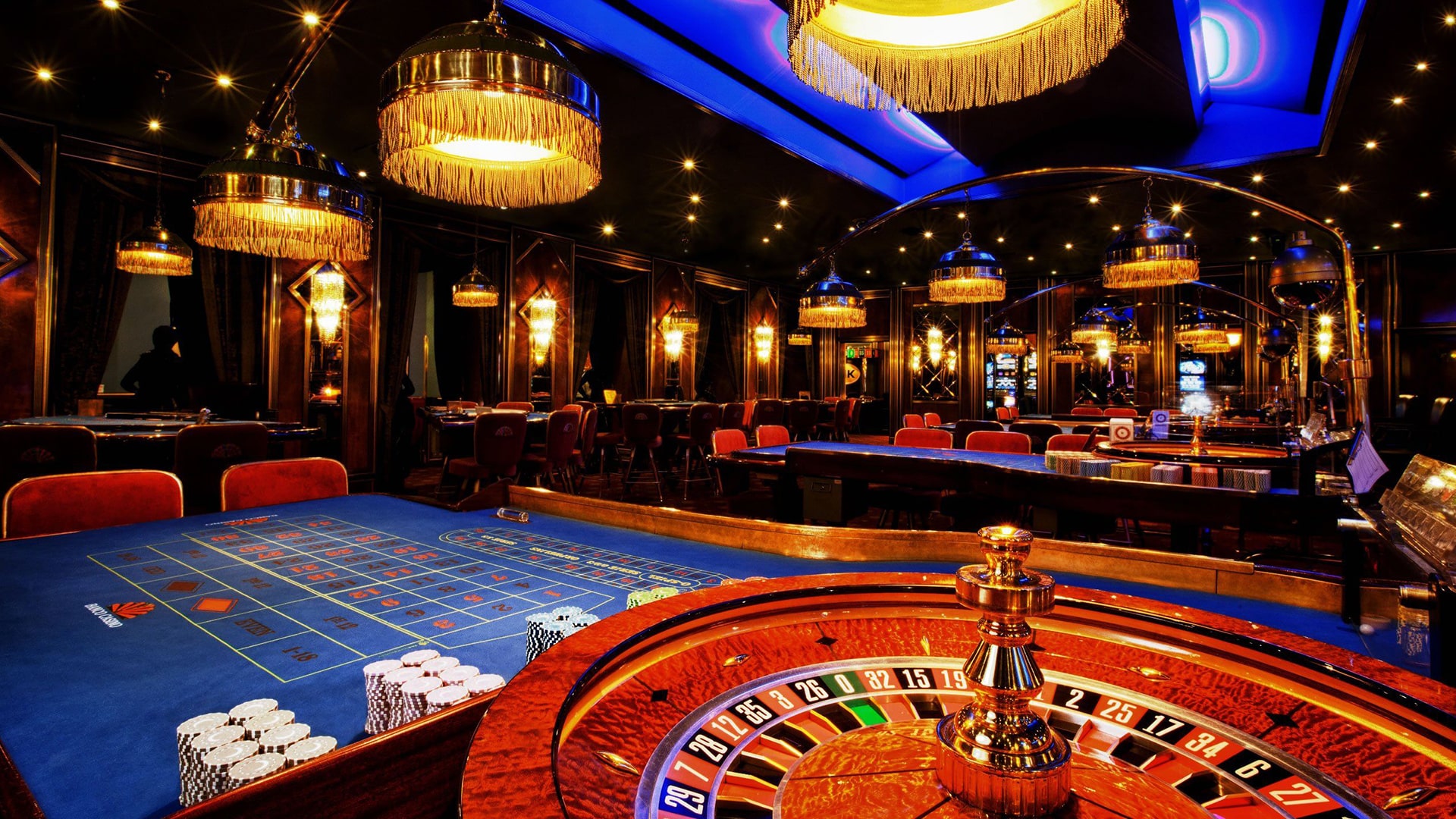
In the lively world of gaming, casino games have long captured the interest of participants around the world. These activities, ranging from timeless card options like Texas Hold’em to the whirling reels of slots, offer an intriguing combination of luck and tactics. While fortune undeniably plays a crucial role in determining outcomes, the role of knowledge in many casino activities cannot be ignored. Grasping how expertise affects the experience can enhance not only a player’s enjoyment but also their chances of winning.
As we delve deeper the dynamics of casino games, it becomes apparent that some need a robust grounding of wisdom and strategy. Games like Texas Hold’em call for more than just fortune; they require analytical thinking, psychological insight, and strategic decision-making. In contrast, other games, such as roulette and slot machines, are primarily determined by luck, allowing players to rely exclusively on luck. This contrast raises intriguing questions about what really drives victory in the realm of gambling and how a player’s competences can sway the outcome in their benefit.
Grasping Skill versus Chance in Casino Activities
Within the realm of casino games, the discussion between skill and luck is a long-standing one. Numerous games are frequently divided into two categories: those that depend predominantly on randomness, such as slot machines and the wheel, and those where skill plays a major role, like the game of poker and 21. The distinction is crucial because it influences not only gameplay strategies but also the approach players take when engaging with these games. While luck can play a decisive role in the immediate, skilled players can increase their odds of winning over the extended period in skill-based games.
Skill-based games, particularly poker, necessitate players to understand probability, human behavior, and game theory. A seasoned poker player can read rivals, make strategic bets, and know when to fold, all of which can lead to more successful outcomes. thabet asia Conversely, in games that are purely based on chance, no amount of skill can alter the odds. This implies that although a player may win big in one session, their victory may frequently be subject to the whims of chance results rather than any tactical expertise.
Ultimately, both skill and luck coexist in the world of casino games, forming a vibrant environment for players. While games of chance can provide thrill and instant gratification, mastery and strategy in skill-based games offer a richer level of engagement for those willing to invest time in refining their craft. This interaction between skill and luck defines the journeys of players and influences their relationship with the games they select to play.
The Impact of Skill on Game Outcomes
In the field of gambling games, skill plays a key role in determining the results, especially in games where strategy and choices are paramount. For example, in poker, competitors must examine opponents, calculate odds, and make calculated bets to maximize their chances of succeeding. Unlike activities that rely purely on chance, such as slots or roulette, poker demands an understanding of both the game mechanics and the psychology of other participants, making skill a vital component of success.
Other skill-based activities, like blackjack, also underscore the significance of player expertise. Understanding of basic tactics, card counting, and when to hit or stand can dramatically influence the house edge. A skilled blackjack player can lower this edge and boost their odds of success significantly. This contrasts with games that do not allow for such strategic play, demonstrating how the level of expertise directly affects the possibility for positive outcomes.
Additionally, even within games considered primarily chance-driven, like craps, the decisions made by players can influence their overall performance. Choosing the right bets, understanding the likelihoods of different outcomes, and managing one’s funds are essential factors that can enhance a player’s experience and results. Thus, while luck remains a factor in gambling, skill can substantially affect how efficiently participants navigate these settings, leading to more positive outcomes.
Tactics for Skillful Play in Gaming Establishments
To thrive in gambling games, players must develop a strong understanding of the rules and odds involved in various games. This foundational knowledge enables individuals to make informed choices, especially in skillful games like poker and blackjack. Becoming acquainted oneself with game strategies, such as card counting in 21 or recognizing wagering trends in Texas Hold’em, can significantly enhance a player’s chances of success. Sharpening these tactics through practice games or low-risk games allows players to hone their skills without risking substantial amounts of money at risk.
One more key strategy is money management. Players should set a budget before going into the casino and stick to it faithfully. This involves deciding how much they are prepared to lose and setting limits on how much they will bet in every gaming session. By keeping a controlled approach to gambling, players can maintain their play and reduce the risk of major losses. Additionally, pausing can help maintain a clear head and prevent rash decisions that often lead to unfavorable outcomes.
Finally, emotional control is crucial in the high-stakes environment of a gambling house. Players must be adept at controlling their emotions, particularly during times of winning or losing runs. Staying attentive and not letting emotions dictate gameplay can lead to more sound decisions. Techniques such as taking deep breaths or stepping away from the table during heated moments can help keep composure. By cultivating a steady mindset, players can approach gambling games with assurance and skill, thereby enhancing their overall gaming experience and outcomes. Hướng dẫn Thabet